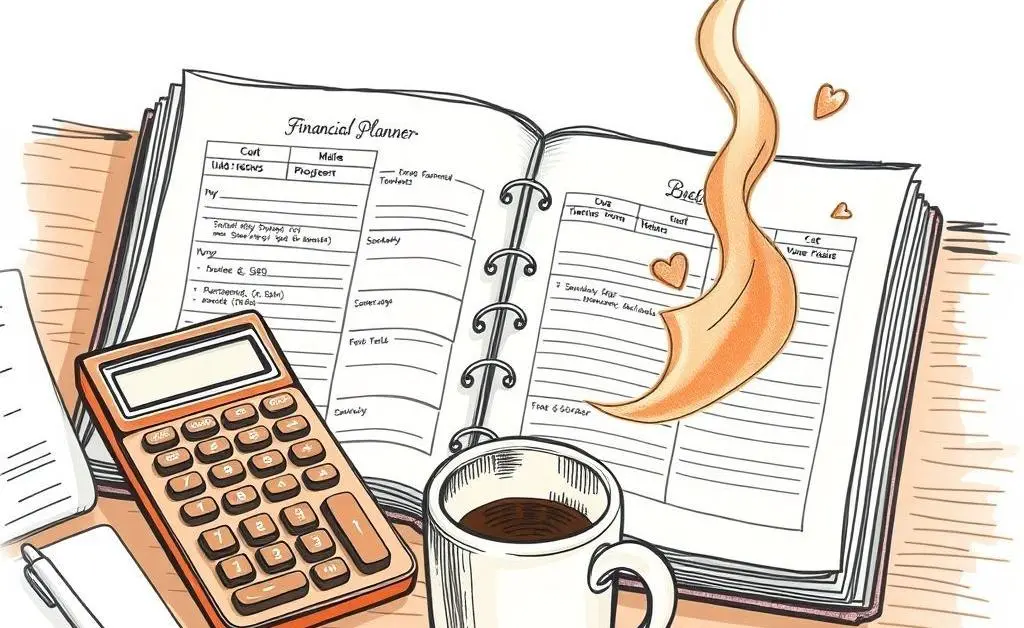How to Beat Money Anxiety and Build a Confident Future
Discover how to overcome financial stress and craft a brighter, more secure financial future.

Have you ever felt a sense of unease when thinking about your finances? You're not alone. Money anxiety is a common issue, but the good news is that it's something we can work through together.
Understanding Money Anxiety
At its core, money anxiety stems from uncertainty about our financial future. This might manifest as stress over unexpected expenses, fear of losing a job, or worry about savings.
Signs You Might Be Experiencing Money Anxiety
It can be helpful to recognize the signs:
- Constantly checking your bank account.
- Feeling uneasy when discussing money.
- Ignoring bills or financial documentation.
- Compulsive spending to relieve stress.

Steps to Manage Your Money Anxiety
1. Create a Clear Budget
Understanding where your money goes each month is essential. Start by outlining your income, fixed expenses, and discretionary spending. Seeing the numbers on paper can often lift a mental load. Use a simple notebook or a digital app—whatever feels right for you.
2. Build an Emergency Fund
A small cushion can make a huge difference. Aim to save even a modest amount monthly; think of it as buying financial peace of mind. Even $10 a week can grow over time, providing a small safety net.
3. Educate Yourself About Investments
Financial markets might seem intimidating, but even basic knowledge can empower you. Try a beginner's book or an online course. Start small, with low-risk investments, and gradually build up. This builds confidence and provides potential financial growth.

4. Tackle Debt Strategically
Facing debt feels daunting, but strategic planning can ease the burden. Prioritize debts by interest rates to reduce stress and cost over time. Opt for tactics like the avalanche (focus on high-interest first) or the snowball method (start with small balances). Work through it—and maybe even pretend you're facing off with a silly 'debt monster.' You're the real hero here!

5. Talk About It
Opening up about financial concerns is empowering. Whether with friends, family, or a financial counselor, discussing money reduces stigma and sheds light on shared human experiences.
Conclusion
While money anxiety is common, it doesn't have to control your life. Encouraging yourself to take small, proactive steps can significantly alleviate stress. What steps are you considering to take action against money-related stress today?




